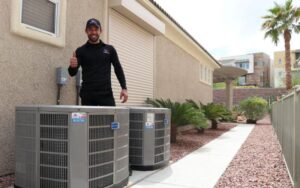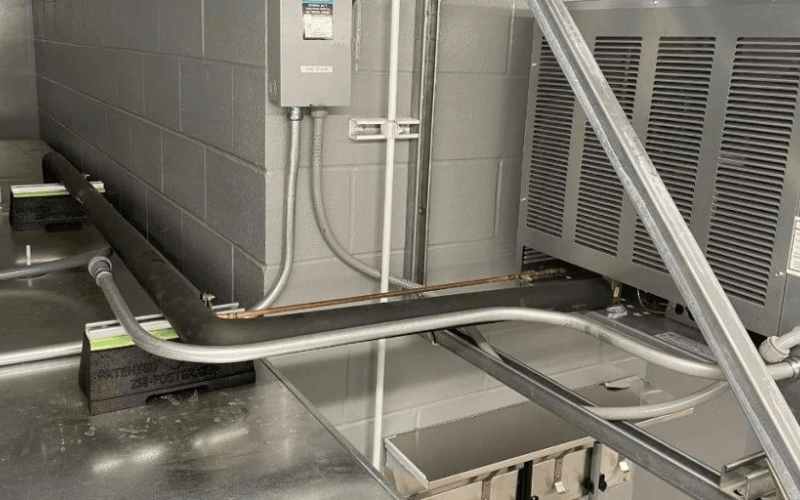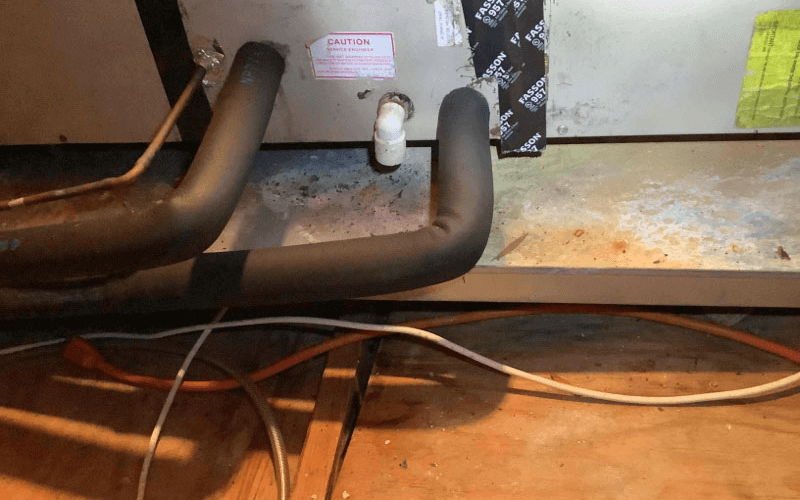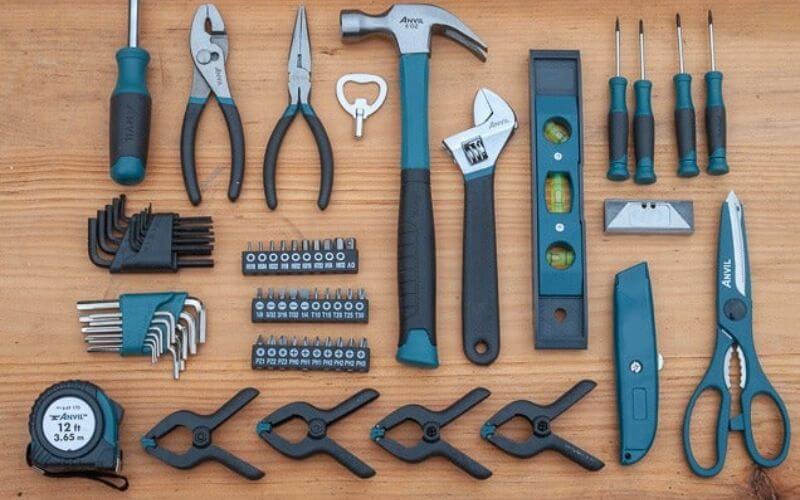The furnace heats and circulates heated air throughout the house via the ducts. But, like many homeowners, you may be confused about how this system works. With the EPA’s mandate to phase out freon production, you may wonder if your furnace uses freon. We spoke with HVAC technicians, who informed us about the subject matter.
Because freon appliances rely on refrigerants to transfer heat, furnaces do not use them to heat your home. A furnace, on the other hand, uses electricity or a fuel such as natural gas to heat the air emitted by the system to keep your home warm.
Understanding how your HVAC system works allows you to make on-time maintenance decisions.
Table of Contents
ToggleAlso check: Can You Use Patio Heaters Indoors?
How Does Your Furnace Keep Your House Warm?
A furnace is a component of a house’s HVAC system. This system regulates the air in your home, ensuring a comfortable living environment all year. When it’s cold outside, you can use a furnace or boiler to warm the indoor air, and when it’s hot outside, you can use an air conditioner to cool it down to a comfortable temperature. Heat pumps are used by some people to condition the air. This is because it can heat or cool your home in mild climates. People who live in colder climates frequently supplement the heating capacity of heat pumps with more powerful heating devices such as furnaces.
A Furnace’s Operation:
The furnace has a thermostat that turns on when the temperature inside the house falls below a certain threshold. When the gas furnace receives the signal, it opens the gas valve and allows gas into the furnace. A burner ignites the fuel, which starts the heating process. A thermostat and a gas valve control the fuel entering the heating chamber.
A furnace normally heats the air at this central point. Warm air is circulated throughout your home via vents and ducts. Most furnaces use propane, natural gas, or kerosene to heat the air, but some use electricity.
The furnace uses CFC-free fuel to heat the air. Freon, also known as R-22 or HCFC-22, is a refrigerant that moves heat from one location to another in air conditioners and heat pump systems.
The refrigerant is contained in a closed loop in units that rely on freon to function correctly, including the evaporator and condenser coils. On the other hand, furniture comprises fan motors, burners, induction motors, and heat exchangers.
A refrigerant absorbs and releases heat at different cycles, allowing your device to heat or cool your home. As it passes through a closed circuit, it changes states from liquid to gas and back to liquid. Reversing valves in heat pumps shift the direction of the refrigerant, affecting where it releases heat. When it’s cold, it brings the heat from the outside inside. Similarly, as the refrigerant heats up, it emits heat inside and outside.
How to Select a Home Furnace:
Consider whether you want to keep or change your current heating and cooling schedule. Combining systems can help you save space in your home, but we recommend weighing the benefits and drawbacks of each option before making a final decision.
Size Of Furnace:
To get the most out of your new furnace, size it correctly. Consider the number of square meters of living space as well as the prevailing climatic conditions of the location.
Consider ceiling height as well, as most size charts assume 8ft ceilings. The size of a furnace is measured in BTUs. Check that you have enough BTU furnaces. The device will not be able to heat your home if it is too small.
If it is too large, it will frequently cycle, causing wear and tear and uneven temperatures throughout your home.
Also check: How To Use Ozone Generator in Your Home
Cost of Furnace:
When budgeting for a new furnace, consider the unit’s purchase price and other costs such as installation, the cost of purchasing operating accessories, and the cost of changing the fuel supply if necessary.
Estimate the initial operating costs for the furnace as well. The initial fee is one-time, but you will need to budget for how much you will spend on heating your home every month.
The fuel used by a furnace, as well as its efficiency, has a significant impact on operating costs. Natural gas furnaces are currently the most efficient option, but purchasing one depends on whether a gas line is already in place.
Evaluate the furnace’s Annual Fuel Use Effectiveness (AFUE) and Total Cost of Ownership to choose the best heating solution for your home.
Final Thoughts:
Instead of using CFCs to pump heat, furnaces burn fuel to produce heat. We hope this post has helped you understand how your furnace works and help you make an informed decision regarding your heating solution.
Having a contractor service your furnace yearly is also essential to ensure it operates at optimum capacity.





















